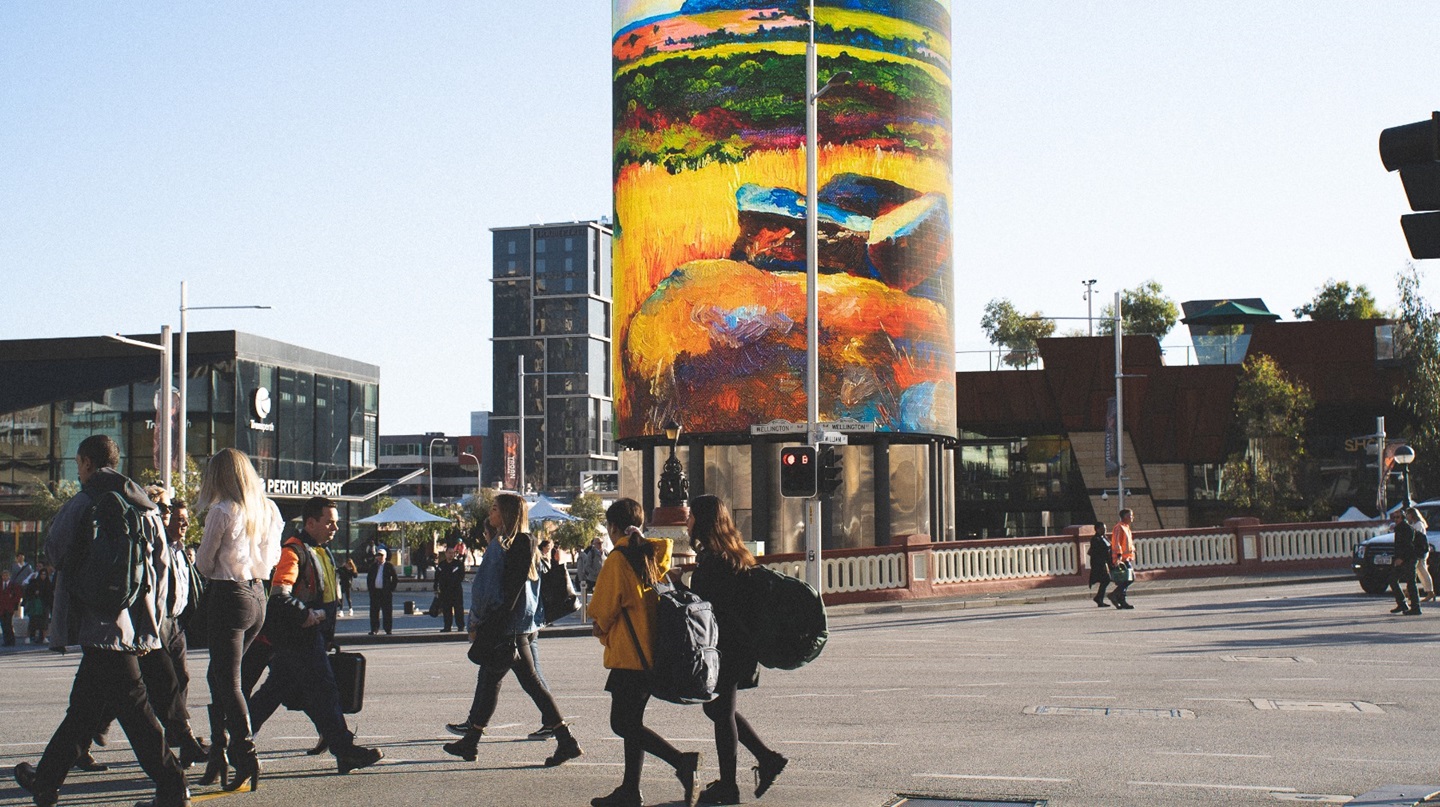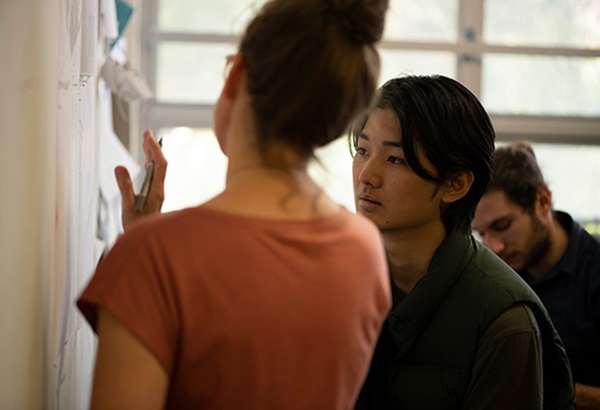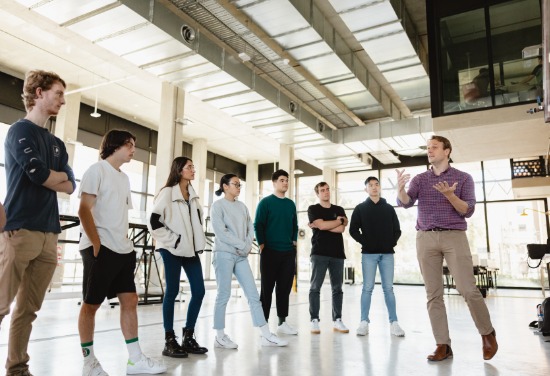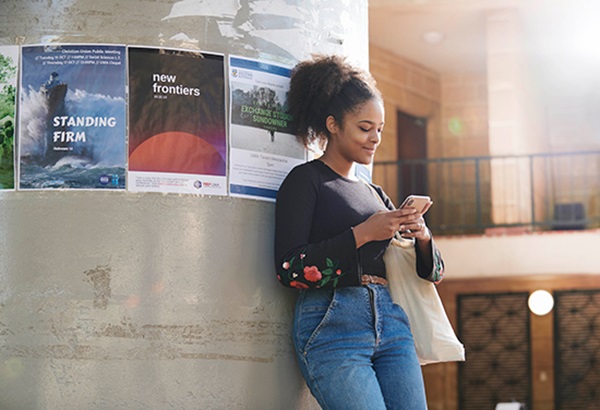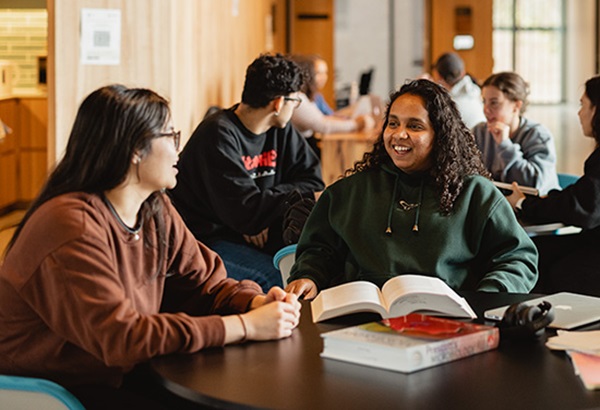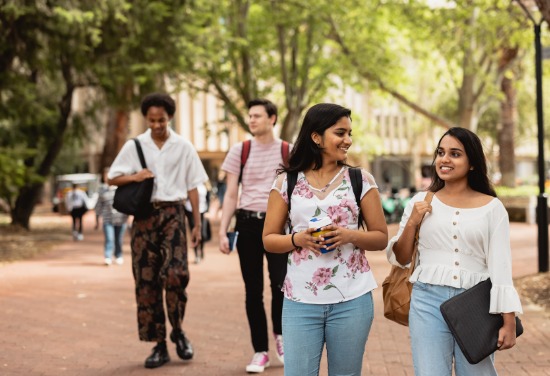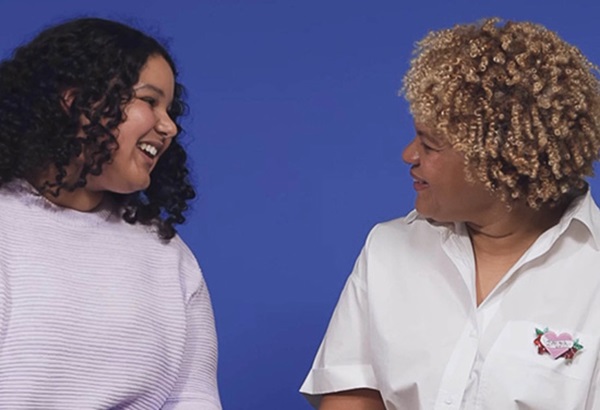 I’m Conor and I’m currently majoring in Criminology and Law and Society under the Bachelor of Philosophy (Honours) program. I have a direct pathway to commence the Juris Doctor in 2023.
I’m Conor and I’m currently majoring in Criminology and Law and Society under the Bachelor of Philosophy (Honours) program. I have a direct pathway to commence the Juris Doctor in 2023.
I hope to become a lawyer and practice in diverse areas of the law. I would love to work both here in Australia and overseas. Eventually I aspire to become a judge and legal academic. One of my core motivations for choosing to pursue this career is to utilise the insights I have gained regarding our justice system during my university studies to implement positive change, especially for those who find justice particularly difficult to access.
My work placement at the City of Belmont
My Work Integrated Learning (WIL) placement involved working with Dr Joe Clare on the topic of bike theft in the City of Belmont, in particular the City’s recent bike registration scheme.
The project: researching bike theft
The aim of the project was to apply criminological theory regarding the impact of opportunity on crime to the example of bike theft within a local community. I produced a literature review, which reviewed the criminological research on opportunity and bike theft, drawing from a range of national and international sources. Throughout the project, I liaised with the Belmont City Community Safety Taskforce, gathering data regarding their program and its reception by the community.
While originally I had intended to travel to several areas throughout Belmont and observe the environmental conditions that placed the bikes parked there at greater risk of theft, this was limited by the COVID pandemic. Instead, I produced a set of recommendations for the Belmont Community Safety Taskforce to aid them in developing best practice responses to theft and its impact on the community. I also compiled a reflective portfolio.
The highlights
While I enjoyed the entire project, the highlights were attending the taskforce meeting and producing the set of recommendations. The meeting was to me a display of the real-world practice of the content I had studied. Above all, it showcased the myriad groups and interests involved in decisions regarding crime, even at the local council level.
Producing the set of recommendations was among the most beneficial aspects of the placement. I was tasked with condensing and summarising hundreds of pages of academic literature, not only on bike theft/opportunity theory but on proper evaluation methodology and data collection. In this sense, communication was vital, as complex concepts and specific terminology had to be carefully defined. Additionally, while much of the literature was theoretical, I oriented my recommendations toward the more practical, describing particular ways in which the council might implement the findings. Each of these I think reflect key skills required in the pursuit of a legal career.
The challenges
I faced three primary challenges in the completion of this placement. First, COVID forced me to cancel my plans to attend sites in the Belmont council area. Instead, I relied on the ABS as a data source. This produced challenges in itself given the categorisation of and overall lack of appropriate data.
A further major challenge I faced was the council had not collected quantitative data on bike theft fluctuation since their program had been implemented, or categorised the qualitative data they had received. Consequently, the recommendations document I prepared in collaboration with the council included a section on best practice evaluation.
How the internship will influence my career
As for my own career, I hope to use the theoretical and practical insights gained by evaluation programs such as the placement I undertook to guide me as a lawyer and, hopefully, judge. The knowledge that can be gained through study of criminology has great potential to improve and reform our criminal justice system.
Why I’d recommend a work placement
I’d recommend WIL to other students for three reasons:
- It offers a chance to see the theory you’ve learnt work in practice.
- It facilitates improvements upon organisation and communication skills.
- It more closely resembles ‘the workplace’ in one’s chosen area of study, with an opportunity to work alongside experienced, current practitioners in a given field. This provides valuable insight as to whether you might enjoy that career in practice.
Finally, I would give two pieces of advice. First, choose something you feel generally interested in. Second, take the time to map out your WIL before you start, especially important deadlines, and be aware that you’ll need to adapt to others’ timetables.
Overall, a WIL placement is an invaluable experience and one that every student should consider.
Find an internship, work placement or volunteer role
UWA students are encouraged to find and apply for Work Integrated Learning opportunities, either for credit as part of your degree, as part of volunteering, placements on vacation, and many more options. Start looking for an opportunity now.

